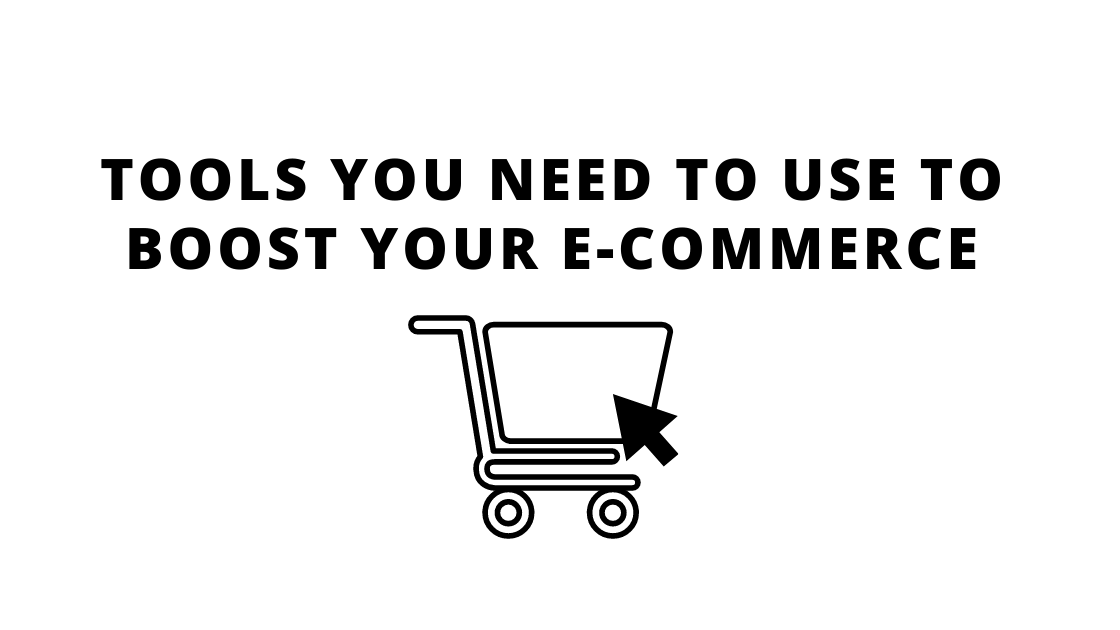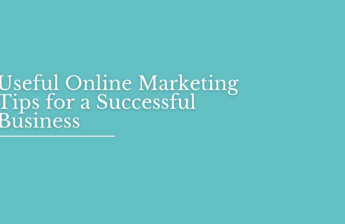Relying on traditional methods for your business processes can be a chore because it can be time-consuming and draining. This is why the technological age is the best time to birth any business. There are many tools that you can use to automate some of your processes to complete several tasks at once.
For instance, you don’t have to manually calculate your loan terms because tools like a business loan calculator do that for you. In this article, we will be looking at different types of tools that will benefit your e-commerce venture.
Contents
Marketing Tools to Improve Your e-commerce Presence
If you are looking to step-up your e-commerce presence on the internet, you need marketing tools to make the process easier. Here are some marketing tools you should consider using
1. Email Marketing tools
The primary goal of email marketing is to convert prospective customers to paying ones. And email marketing has proven to be useful for several years. After sending emails, you can make informed marketing decisions with the campaign metrics.
Email marketing allows you to have and build solid customer and prospects’ relationships. Some of the email marketing tools you can try out are Mailchimp, Klaviyo, Tidio, Sendinblue, etc.
2. SEO Tools
SEO is short for search engine optimization. You can use SEO tools to get your e-commerce startup in front of prospective customers. With solid SEO strategies, your e-commerce store can appear on the first page of Google’s SERP. Some SEO tools are Moz, Ahrefs, Semrush, Google Search Console, Ubersuggest, etc.
3. Google Analytics Tools
With Google Analytics tools, you will monitor and understand your customer’s behavior. If you have an e-commerce website, Google Analytics tools come in handy to give you lead data to know what they are doing on your website. Therefore, you can understand user experience, device performance, customer behavior, etc.
You can use Google Analytics tools: Google Tag Assistant, GA Debugger, Tag Manager Injector, and Google Analytics URL Builder.
4. Social Media tools
Your social media platforms and your online e-commerce store need to go hand-in-hand. Therefore, you need an active social media presence which can be done with the right tools. If your social media presence drags, it could affect your sales. Here are some social media tools you can use: BuzzSumo, Google Trends, Buffer, Canva, MeetEdgar, etc.
Management Tools That will Make Your Life Easier
As your e-commerce business grows, there will be times when several activities need you to complete at almost the same time. You can make things easier for yourself and stay on top of your game with the right management software.
Here are some management tools that will make your business operations seamless: ProofHub, Timely, Netsuite, Timecamp, Trello, etc.
Other Tools to Start Growing Your E-commerce Business
Asides from marketing and management tools, there are other ones you can use to boost your e-commerce business growth.
Communication Tools
The enterprises use communication tools to improve communication among members of staff. Team members can quickly contact one another, and ideas can be dumped on those tools because they cannot be lost. Some of these tools are Slack, Chanty, Fleep, etc.
Payment Transaction Tools
Making payments is one of the crucial features of your e-commerce business. With automated payment transaction tools, you can focus on other aspects of your business while costs occur with little or no manual input.
You can leverage the payment transaction tools: PayPal, Due, Stripe, Braintree, Square, etc.
Customer Relationship Management Tools
Popularly called CRM tools, customer relationship management tools are used to maintain and boost your customer base. As your customers increase, it might be difficult managing all of them. Therefore, you need CRM tools to ease this burden. Here are some of the tools: Salesforce, Hubspot CRM, Zoho CRM, etc.
Document Collaboration Tools
Regarding a report conducted by McKinsey, team members use 14% of their weekly schedule to communicate.
This means that their productivity is bound to increase impressively. With Document collaboration tools, team members can work together simultaneously without forwarding emails to one another.
Some professional document collaboration tools are Google Docs, Google Sheets, Zoho, Confluence, Dropbox Paper, etc.
Conclusion
One of the questions on your mind might be how to finance the purchase of some of these tools. Some of them have free versions but limited features. So, getting paid tools would be your best bet, and you can do this with a loan.
With a business loan calculator, you can know the total cost of a business loan and the payback amount. Check out the link in the introductory paragraph to understand how to use a business loan calculator.







